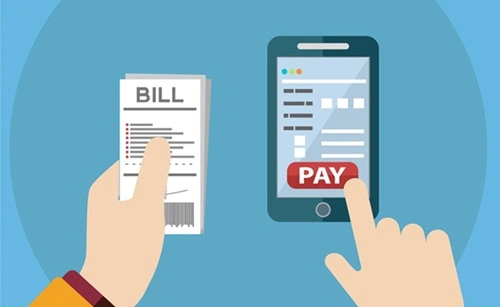Getting your first job is a big milestone—financial freedom, excitement, and the joy of your first salary. But with that excitement comes responsibility. Managing your money wisely from your very first paycheque sets the tone for your future financial success.
Many young professionals in India make the mistake of spending without planning—falling into credit card debt, unnecessary EMIs, or neglecting savings. If you’re starting your career, this guide will help you take control of your finances from day one.
Why Managing Money from Your First Job Is Crucial

You might feel that you’re earning less right now and real financial planning can wait. But the truth is—the earlier you start, the stronger your financial foundation will be.
- Develop smart money habits
- Avoid debt traps
- Start investing early to benefit from compounding
- Build financial independence
- Prepare for emergencies
Step-by-Step Guide to Manage Your Finances After Your First Job
1. Know Your Take-Home Salary
Before planning expenses, understand your actual income:
- Basic pay
- HRA, TA, allowances
- EPF or NPS deductions
- TDS (Tax Deducted at Source)
Example: If your CTC is ₹4.8 lakh/year, your take-home could be around ₹32,000–₹35,000/month after deductions.
2. Create a Simple Budget
Use the 50:30:20 rule or a custom plan like 60:30:10:
- 50–60% for needs (rent, groceries, travel, phone bills, etc.)
- 20–30% for wants (shopping, eating out, subscriptions)
- 10–20% for savings/investments
Tip: Start with a monthly budget in Excel or apps like Walnut, Money Manager, or ET Money.
3. Open a Separate Savings Account
Avoid spending your entire salary by:
- Creating a second account for savings and investments
- Transferring a fixed amount there each month, right after your salary is credited
This helps you “pay yourself first”, rather than saving what’s left after spending.
4. Start an Emergency Fund
Unexpected expenses can come anytime—health issues, job loss, family needs.
- Start by saving ₹5,000–₹10,000
- Gradually build it up to 3–6 months’ worth of expenses
- Keep it in a liquid mutual fund or high-interest savings account
This fund is your financial cushion—don’t touch it for travel or gadgets.
5. Avoid Credit Card Traps and Unnecessary EMIs
Credit cards and Buy Now Pay Later (BNPL) offers are tempting, but dangerous if misused.
- Only use a credit card if you can repay the full amount every month
- Avoid EMIs for phones, furniture, or vacations unless absolutely necessary
- Missing payments will hurt your CIBIL score
Pro Tip: Build your credit score smartly by paying small credit card bills on time.
6. Start Investing Early – Even If It’s Small
Don’t wait until you earn more. Even ₹500–₹1,000 per month is enough to begin.
Where to start:
- SIP in mutual funds (equity or balanced)
- PPF account for long-term tax-free savings
- Recurring Deposit for short-term goals
The earlier you start investing, the more you benefit from compounding.
7. Get Health Insurance
Even if your employer provides insurance, it ends when you switch or leave the job. Always have a personal health insurance policy.
- Start with a ₹3–5 lakh cover
- Choose plans with minimal exclusions
- You’ll get lower premiums at a younger age
Also consider accident or critical illness cover if possible.
8. Plan Your Taxes
Learn how to legally save tax under sections like:
- 80C: Investments in ELSS, PPF, EPF, LIC
- 80D: Health insurance premiums
- 80CCD(1B): NPS contributions
Use apps like ClearTax, TaxBuddy, or Quicko to plan and file your taxes smartly.
9. Set Short-Term and Long-Term Financial Goals
Short-Term (1–3 years):
- Emergency fund
- Travel fund
- Buying a laptop or vehicle
Long-Term (5+ years):
- Buying a house
- Retirement planning
- Starting a business
Setting goals helps you stay motivated and disciplined with your savings.
10. Learn Financial Basics
Spend time each month learning:
- How mutual funds, insurance, and loans work
- How to read bank statements and salary slips
- How the stock market and compounding work
Resources:
- YouTube: Pranjal Kamra, CA Rachana Ranade, Asset Yogi
- Apps: Zerodha Varsity, ET Money School
- Books: Rich Dad Poor Dad, The Psychology of Money
Knowledge will protect you from scams and impulsive decisions.
Bonus Tips
- Don’t fall for “get rich quick” crypto or MLM schemes
- Set a limit on online shopping and food delivery
- Learn to say no to peer pressure spending
- Track your net worth annually
Conclusion
Managing your finances after your first job is not just about saving money—it’s about building confidence, independence, and a future free from financial stress. You don’t need a big salary to build wealth. You just need the right mindset and habits.
Start early. Spend smart. Save consistently. Invest wisely.
Your future self will thank you.


